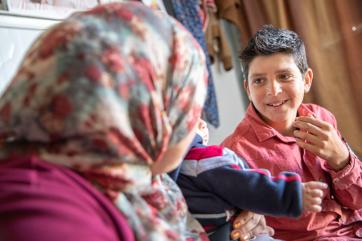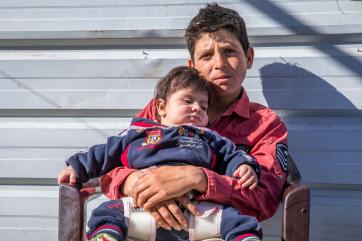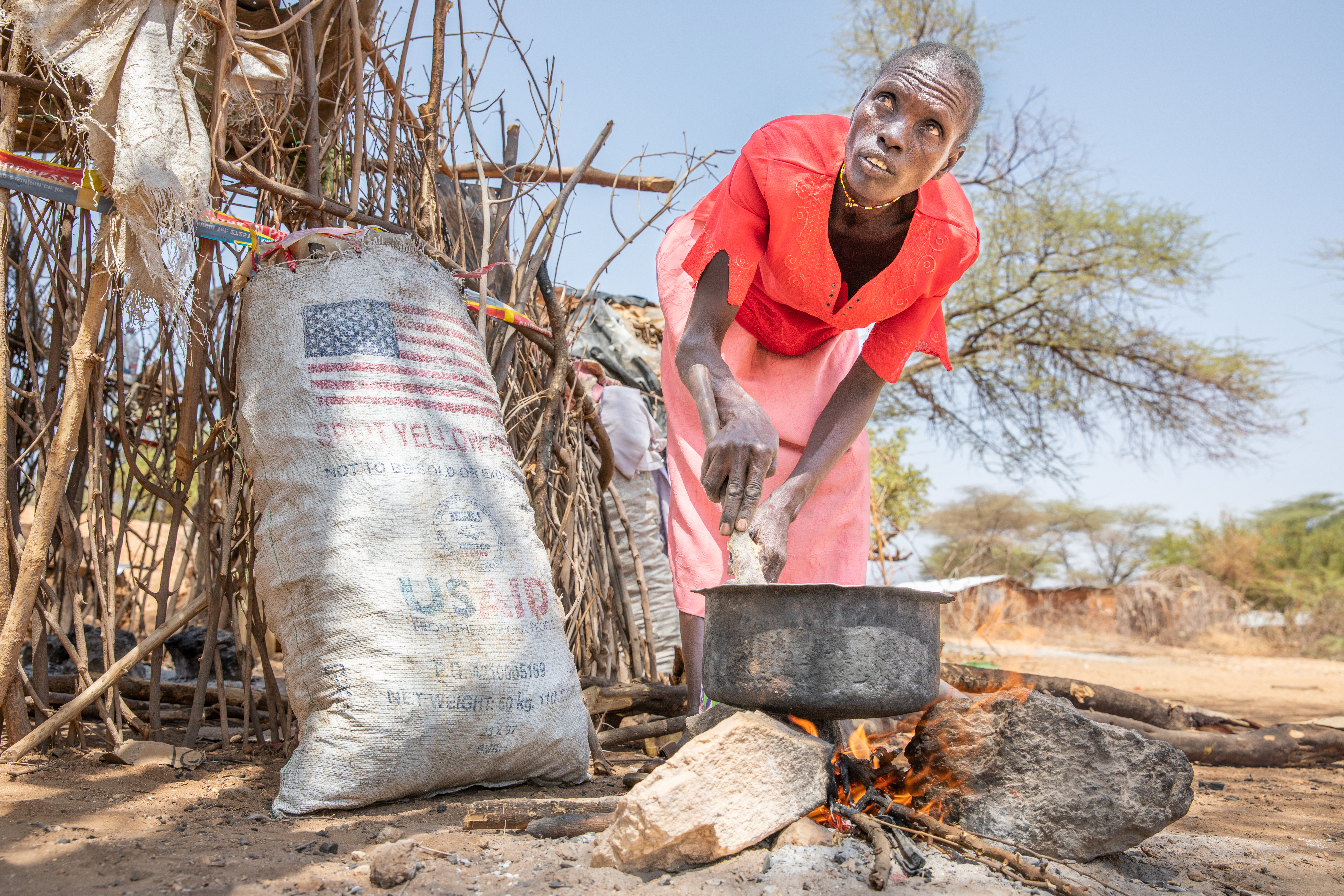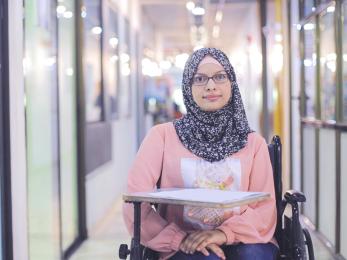3 activities that will help your children cope in times of uncertainty
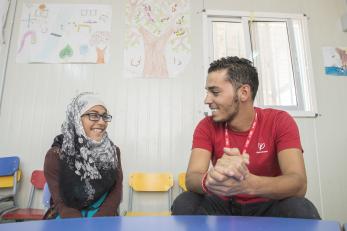
As the world works to contain the spread of the new coronavirus, we’re living through a moment of great anxiety. From decades of responding to emergencies around the world, we’ve seen how young people are often among the most vulnerable in times of crisis and that, for them, uncertainty can be especially stressful.
To help Syrian refugee families living in Jordan who’ve been experiencing extreme stress, we created the Family Superhero program to help them develop coping skills and take care of their wellbeing. You can do these same home-based activities with your own family during this unpredictable time.
Watch Omar, our head of education in Iraq, talk you through activities you can do with your children to help them be creative, learn coping skills and understand their feelings.
Magic box
Right now a lot of parents are asking neighbors, child consultants and sources on the internet for ways to help their children cope during uncertain times. But what if instead of asking child experts, we asked children themselves?
At Mercy Corps, we believe children have the right and the ability to shape their own environment. That’s why we created the activity “The Magic Box” as part of our Family Superhero program, a child-driven activity that can be owned by children and done at home.
Why this activity matters:
- It recognizes children as active family members.
- Children are encouraged to be creative.
- It assists children in developing skills and presenting ideas.
Activity steps:
- Find a box or container lying around the house.
- Ask children to write down, or help them write down, activities they would like to do with the whole family on pieces of paper, fold them and add them to the “Magic box.”
- Set a regular time on the calendar (e.g., every day between 4-6 p.m.) when you pull out the Magic Box and have your child select and present an activity to the family.
- All family members participate in the chosen family activity.
Storytelling
In these times, we need to ask ourselves how we can help children gain the coping skills that will help them face the challenges they experience. Research says that reflecting on and understanding past events, in light of the more recent ones, is an essential part of developing resilience.
That is why we recommend doing one of the most powerful home-based activities you can do with your children: storytelling. Sharing pivotal, transformative events in your life can help you understand who you are today.
Why this activity matters:
- Children can connect the dots and learn from your story.
- It helps adults and young people activate their frontal lobe which is essential in stressful situations.
Activity steps:
- Choose a pivotal event in your life.
- Outline and map out the following:
- Setting: when it happened in your life, where you were and who you were with.
- Challenge: the difficult or hard aspects of that moment.
- Resolution: how you overcame that challenge.
- Lesson: what you learned from the event and how it changed and made you who you are today.
- Share the story with your children.
- Create space for children to ask questions.
Feeling notebook
Do you know how sometimes people ask you how you feel, and you don’t know how to answer? It is difficult for most of us to answer with more than “I’m good,” because there is always a mix of feelings and emotions running through us. If it is hard enough for us as adults to express how we are feeling, then how much harder must it be for children who might not have the words or the understanding of why they might be feeling the way they are?
It is critical for adults to create an open space for children to learn, express and understand their feelings. That is why we use the “Feeling Notebook” activity as part of our Family Superhero program in Jordan.
Why this activity matters:
- It gets you and your children comfortable with talking about feelings.
- Kids who learn healthy ways to express and cope with their own feelings are more likely to be supportive of others, perform better in school and future careers, develop resilience in the face of crisis and feel confident in themselves.
Activity steps:
- Supply each family member with a notebook and a supply of writing utensils (e.g., color pencils, crayons or markers).
- Set a schedule for regular family gathering times (e.g. daily, weekly, three times a week).
- At the start of the gathering, introduce the feeling that you are going to discuss — it is highly recommended to start with happiness.
- Ask family members to share one word that has a connection to that feeling for them.
- Ask family members to draw whatever comes to their mind when they think of that feeling.
- Ask family members to write a list of things that make them feel that specific feeling.
- Have each family member take one or two minutes to share what they drew and their list.
- Once each family member has presented, have a conversation about what was shared.
- End with an icebreaker activity to break out of that feeling. This is especially important when you are discussing negative feelings like sadness and anger.
